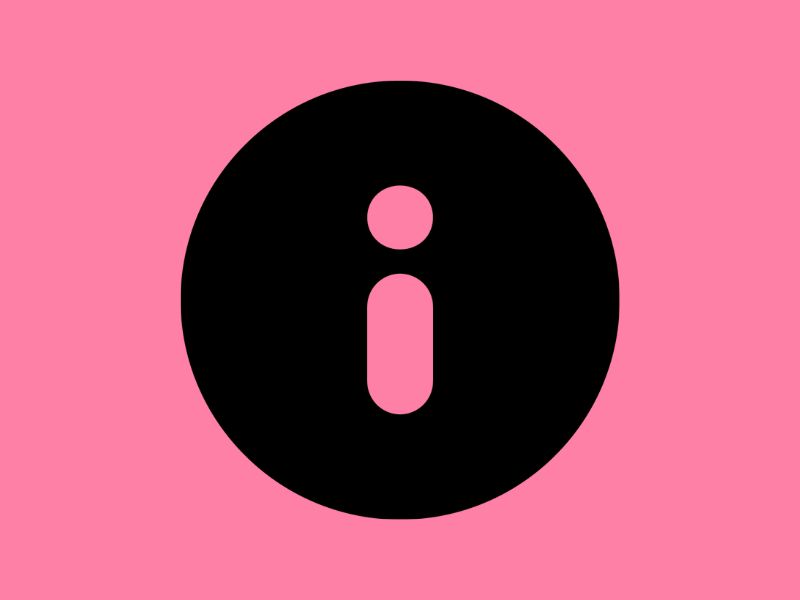Credit report
A credit report (also referred to as a credit file) is a record of your financial history with money you’ve borrowed – like credit cards and mortgages. When you apply for credit, lenders use your credit report to help them make a decision.
